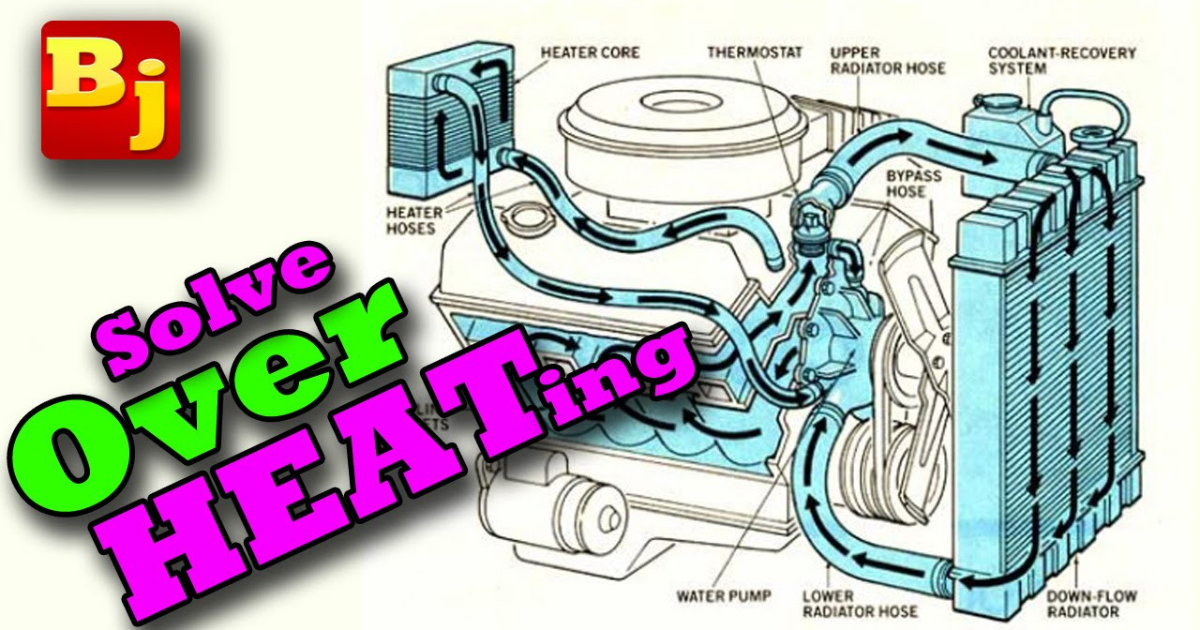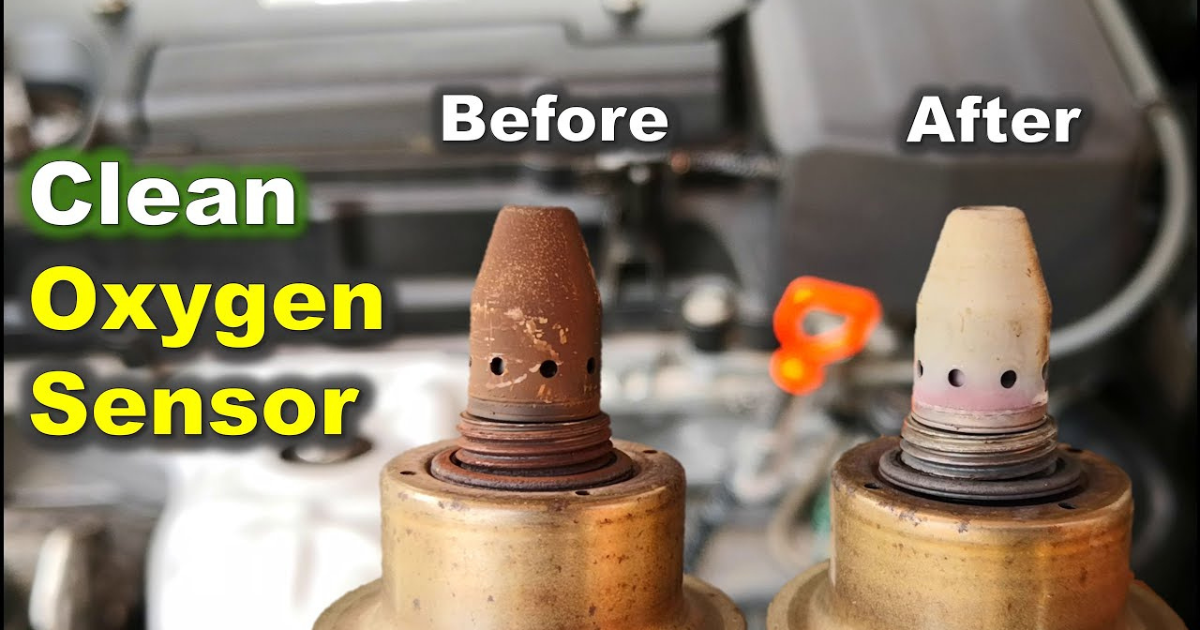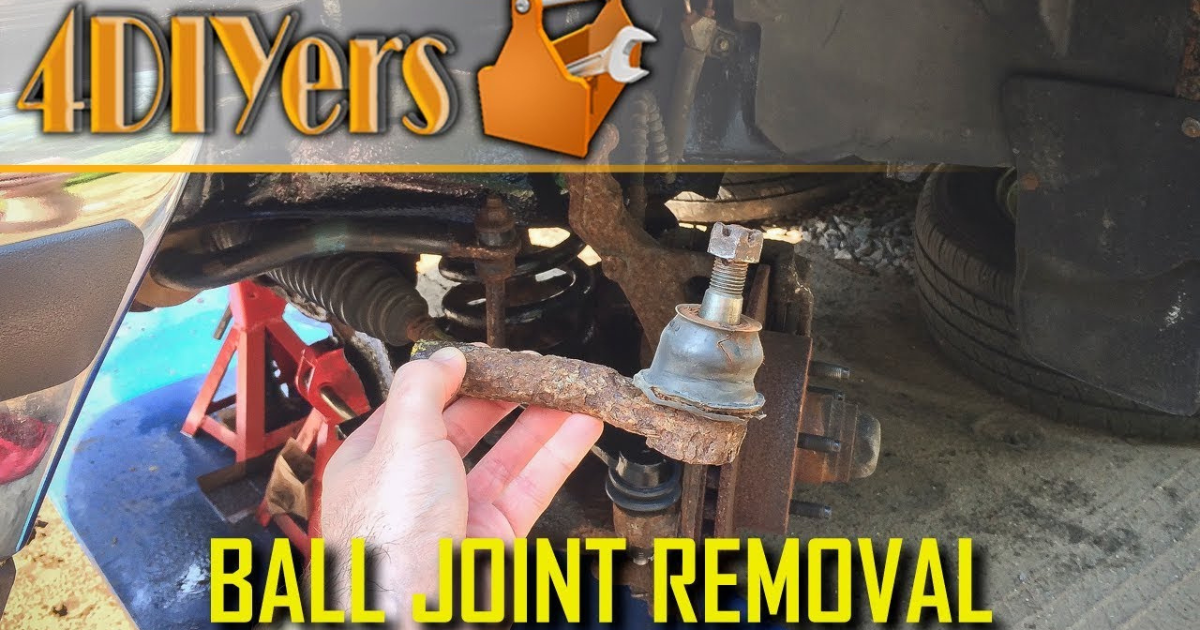Engine overheating is a common problem that can lead to expensive repairs if not addressed promptly. Knowing how to cool down an overheated engine can prevent the issue from escalating and save you money in the long run. In this article, we will provide a step-by-step guide on how to cool an overheated engine, as well as some tips to prevent engine overheating in the future.
What to Do When Your Engine Overheats
When you notice that your engine is overheating, the first thing you should do is switch off the air conditioning system and turn on the heater to full blast. This will export the heat from the engine bay to the cabin and help the engine cool down faster. If there is too much steam coming from the engine, pull over to the side of the road, open the hood, and let the vehicle cool down. Once the engine is cool, check the coolant level and add some antifreeze if necessary.
Causes of Engine Overheating
There are several causes of engine overheating, including coolant leaks, a malfunctioning water pump, or a clogged radiator. Common symptoms of engine damage from overheating include steaming from the hood, a temperature warning light, poor engine performance, ticking noises, and thumping noises. If you notice any of these symptoms, it is important to take action immediately to prevent further damage.
How to Cool an Overheated Engine: Step-by-Step
- Pull over to a safe location and turn off the engine.
- Open the hood to allow ambient air to get into the engine compartment.
- Wait for the engine to cool down before touching any components.
- Inspect the upper radiator hose to determine if the system is pressurized.
- If the system is not pressurized, open the radiator cap with a thick towel or rag.
- Check the coolant level and add coolant if necessary.
- Start the engine and monitor the temperature gauge.
Preventing Engine Overheating
To prevent engine overheating in the future, it is important to maintain the cooling system and address any issues promptly. This includes checking the coolant level regularly, replacing the coolant as recommended by the manufacturer, and inspecting the radiator and hoses for leaks or damage. Additionally, avoiding heavy loads and prolonged idling can help prevent engine overheating.





